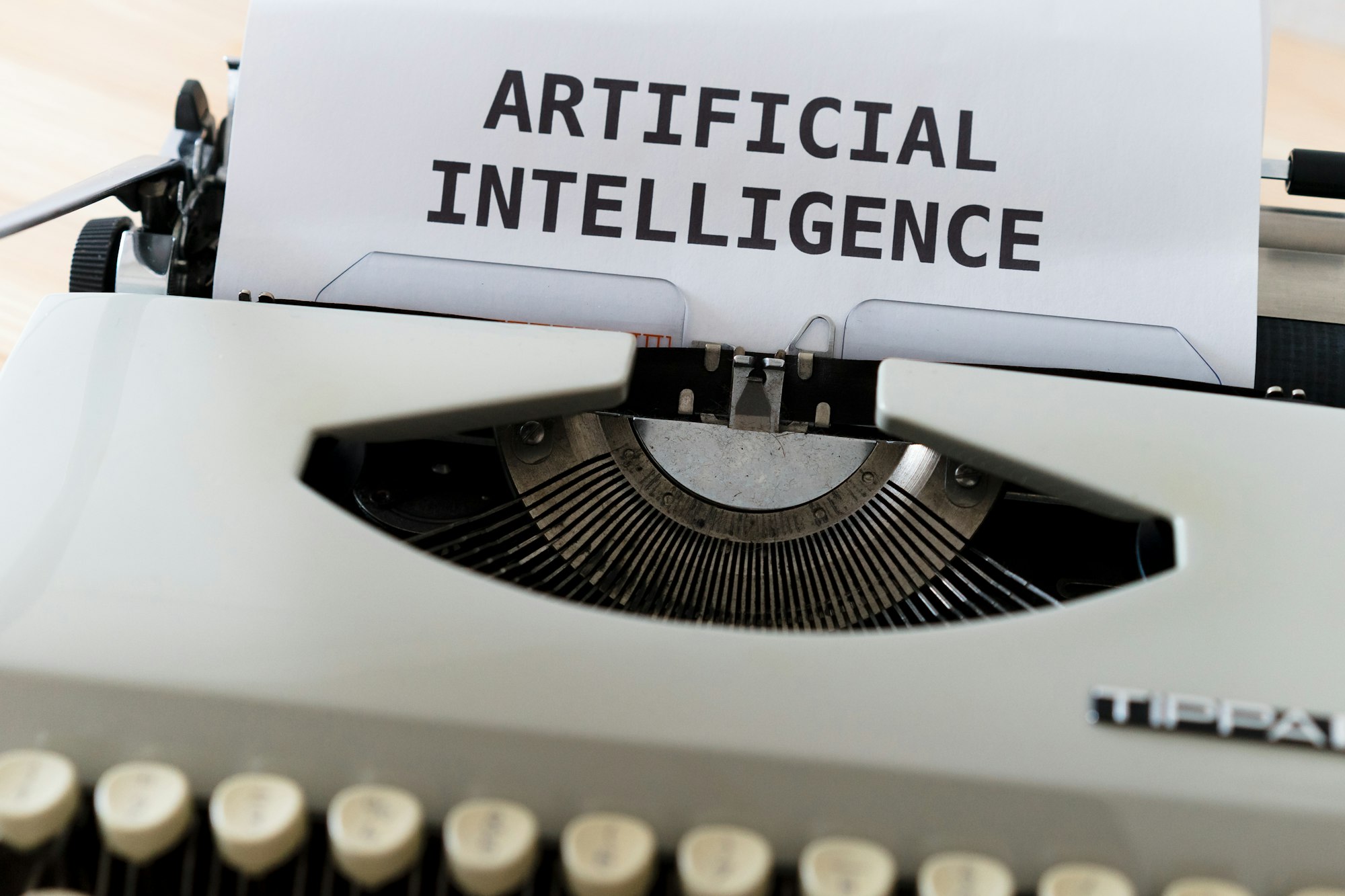The Rise of Artificial Intelligence: Where We Are and Where We're Headed

Artificial intelligence has been a hot topic in the tech world for years now, and with good reason. Advancements in AI are happening at an incredible pace, and the implications of those advancements are enormous. In this post, I want to explore the current state of AI, look at some of the areas where AI is already having a major impact, and consider what the future may hold as AI continues its rapid development.
AI has progressed in massive leaps over the past several years, largely thanks to advances in machine learning and deep learning. Machine learning, where algorithms ingest huge amounts of data to find patterns and make predictions, has enabled computers to learn without being explicitly programmed. Deep learning takes machine learning to the next level, using neural networks that are loosely inspired by the human brain. Deep learning has produced algorithms that can detect objects in images, translate between languages, play games, and more—all at superhuman levels.
Some of the areas where AI is already making a huge impact include:
- Image recognition. AI systems can detect and identify objects in images with near-human accuracy. Image recognition powers facial recognition, self-driving car systems, and more.
- Natural language processing. AI has gotten very good at understanding, translating, and generating human language. Systems can translate between over 100 languages, answer questions, and even write paragraphs of text.
- Robotics. AI is enabling robots to perform increasingly complex physical tasks like grasping and manipulating objects, walking and navigating, and even driving vehicles.
- Automation. Many routine tasks like data entry, customer service calls, and driving are being automated using AI. This is changing the job market and raising concerns about job losses, though new types of jobs are also being created.
- Healthcare. AI is gaining traction in the healthcare industry, helping with areas such as medical imaging analysis, virtual nursing assistants, customized treatment plans, and robotic surgery. AI could help address issues like doctor shortages and rising healthcare costs.
- Transportation. Self-driving vehicles powered by AI are already on roads today, and could transform transportation in the coming decades. AI is also enabling innovations in areas like routing algorithms, traffic management, and smart cities.
Looking ahead, AI will continue its rapid progress, achieving human-level intelligence in some tasks within the next decade. However, human-level general intelligence that matches human intellect across all areas is still quite challenging and likely many years away. There are also risks and downsides to consider with advanced AI, including bias, privacy concerns, and the possibility of job disruption. But with proper safeguards and oversight, AI can be hugely beneficial, helping to solve many of humanity's greatest challenges and ushering in a new era of health, longevity, creativity, and abundance. The future is exciting, and AI will be at the heart of it.
